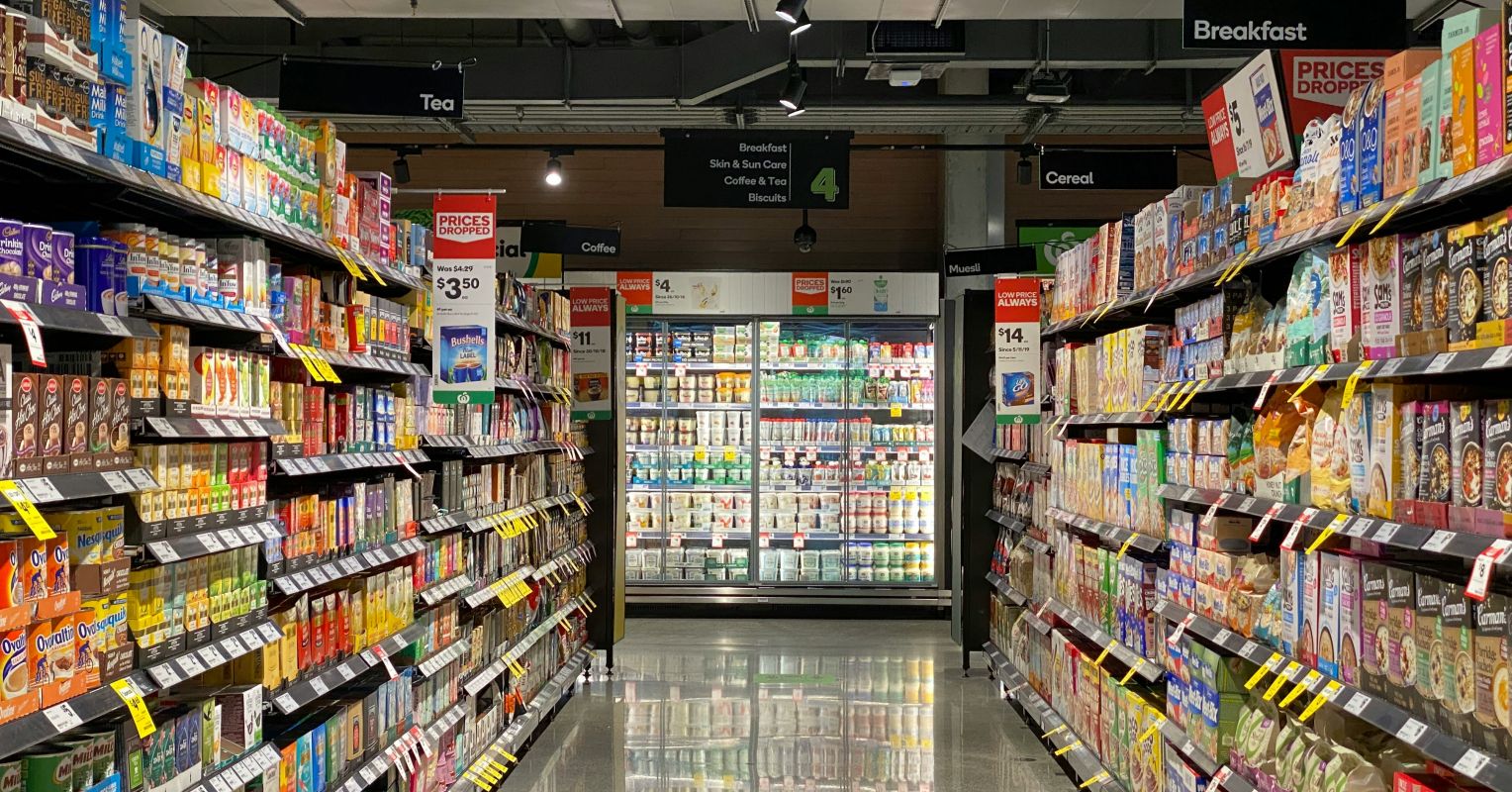fromLondon Business News | Londonlovesbusiness.com
12 hours agoHigh street sales plummet amid elevated living costs and higher borrowing rates - London Business News | Londonlovesbusiness.com
According to the latest High Street Sales Tracker from BDO, retail sales in discretionary sectors grew by only 1.9% in February compared to the same month last year, highlighting a sluggish recovery in categories such as fashion, homewares, and lifestyle products, which may signal deeper underlying issues.
Miscellaneous














